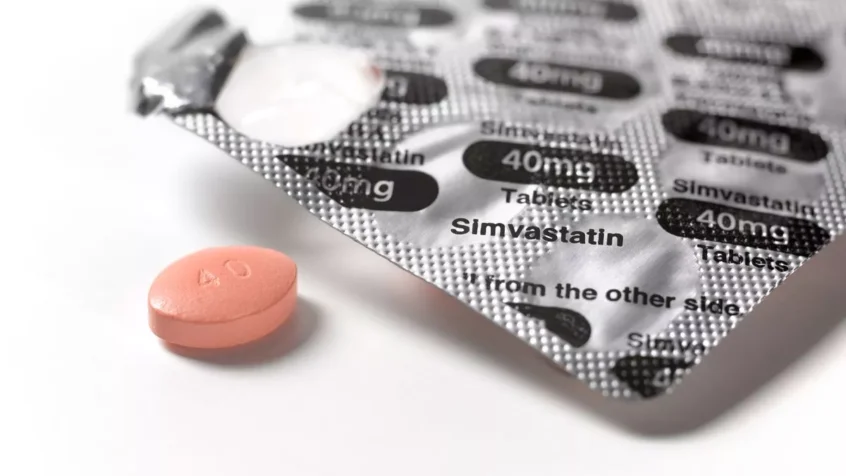For several decades I’ve been a declared fan of statins, ever since I was put on one, not to lower my cholesterol (which the drugs are mainly used for), but to keep my cholesterol normal. In other words to protect me from heart disease.
Well, statins may have yet another role to play in improving outcomes for critically ill patients with Covid-19.
These surprising findings are the latest to come from the world’s largest trial of multiple treatments for those critically ill with Covid-19, the REMAP-CAP study, led by Imperial College London and the Intensive Care National Audit & Research Centre.
The study finds that simvastatin, a common and inexpensive drug used to reduce cholesterol, improves survival outcomes and shortens the length of time patients need support in intensive care.
According to the researchers, the findings are likely to help doctors internationally to improve the treatment of patients.
Professor Anthony Gordon of Imperial College and UK chief investigator for REMAP-CAP said: “Our work to date through this landmark trial has helped to improve the treatment for some of the sickest patients with Covid-19.
“Working with partners in hospitals around the world, we’ve been able to generate real-world evidence to show which treatment combinations are most effective in the treatment of severe Covid-19.”
In the study of 2,684 critically ill patients from 141 hospitals across 13 countries, simvastatin improved outcomes (a combination of survival and length of time patients need support in an intensive care unit) in 96% of critically ill patients with Covid-19. It also gave a 92% chance of improving survival at three months.
Professor Danny McAuley of Queen’s University, Belfast, and lead investigator for the Simvastatin Domain of REMAP-CAP, said: “These results are really encouraging as they have shown that treatment with simvastatin is highly likely to improve outcomes in critically ill patients with Covid-19.
“This research will help healthcare professionals internationally to improve the treatment of patients.”
REMAP-CAP began investigating treatments for Covid-19 in March 2020. Researchers evaluated different treatments for the condition, including antivirals, drugs which modulate the immune response, and therapies that modulate or support other aspects of the body’s response to the virus.
In total, over 2,000 patients in 15 countries have been enrolled at more than 260 hospitals and randomised to multiple treatment combinations.
The effects of interventions are assessed separately for moderate and severely ill patients.
Previously, REMAP-CAP found arthritis drugs tocilizumab and lopinavir/ritonavir, as well as hydrocortisone, improved recovery among critically ill Covid-19 patients.

